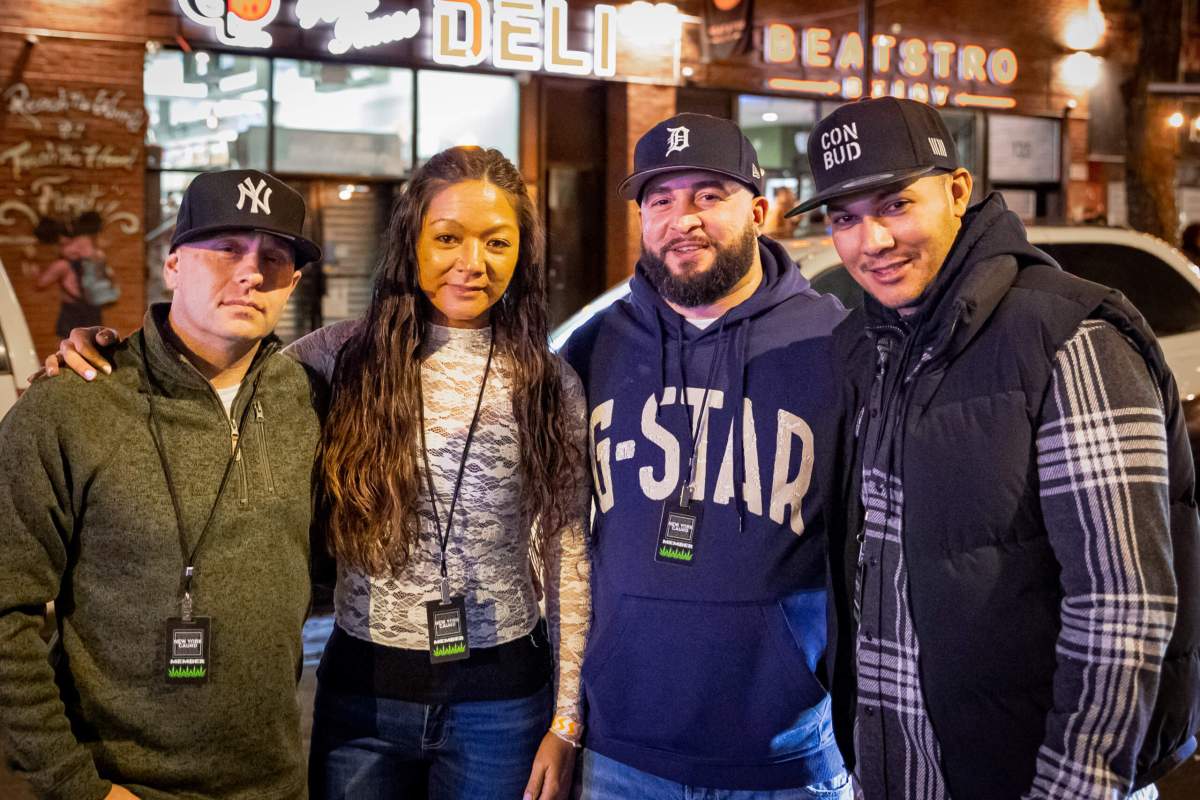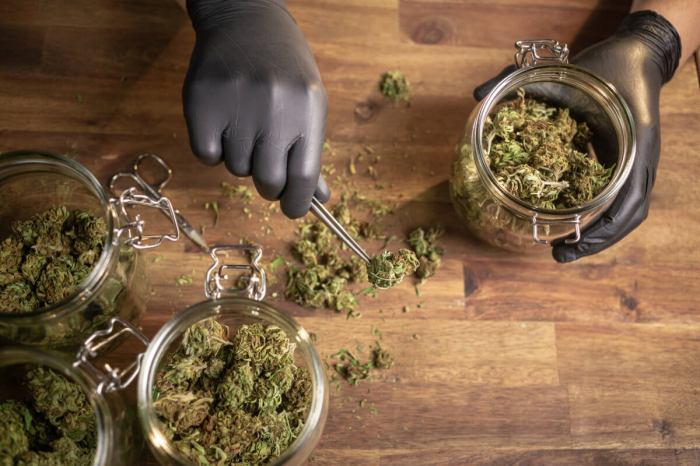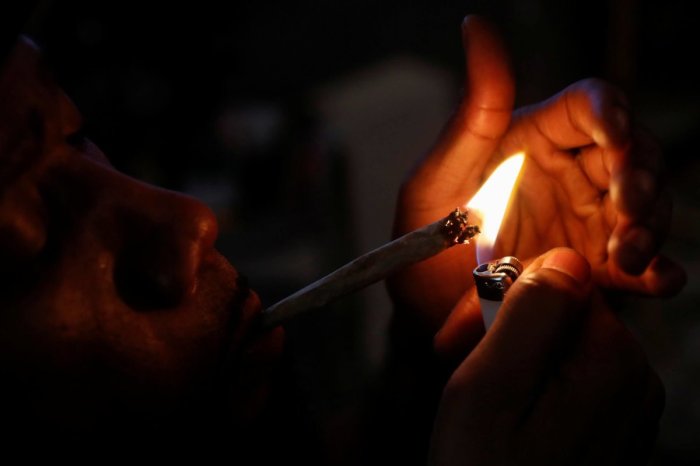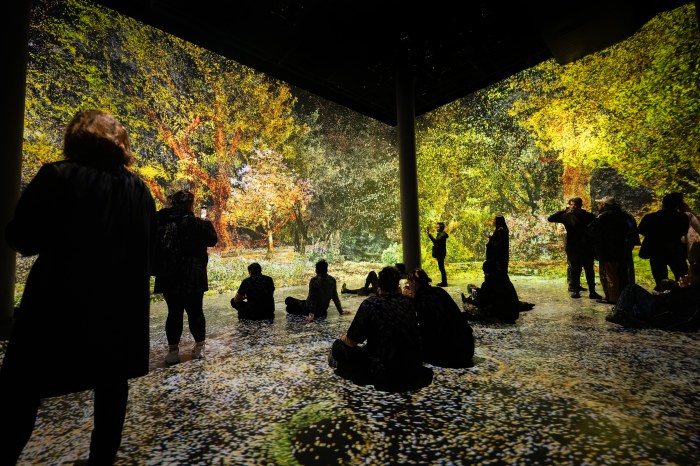As more cannabis dispensaries gear up to open across New York, a group of dispensary applicants and license holders have formed a coalition to ensure that the first retail locations for cannabis will go to those who were previously criminalized by the war on drugs.
Jayson Tantalo and his wife, Britni, who run Flower City Hydroponics in Rochester, applied for a Conditional Adult Use Recreational Dispensary (CAURD) license but soon felt as if their application fell to the wayside as the state was busy setting guidelines and regulations for the nascent industry.
The couple teamed up with fellow license applicants Coss Marte, who owns Conbody and Conbud based in Manhattan, and Jeremy Rivera, a construction consultant in Queens and co-owner of Kush Culture Industries, to create a resource hub for those seeking more information on the licensing process.
“I think that some people think that our reaction is like revolt or we are coming after the state, but what we are saying is that we need help,” said Britni whose husband, Jayson, was arrested in 2004 for cultivating cannabis and now hopes to turn his once-illicit operation into a legal business. “We need help across the state and we need the help of the Office of Cannabis Management.”

What started as a four-person group chat quickly grew to a coalition of more than 70 members, including 55 applicants, 15 license holders and a number of attorneys. Tantalo says the organization is not about jockeying over the licenses but supporting members who do not receive them and creating a hub for jobs, training and mentorship.
“As applicants we were asking questions, needing information, so we knew that there had to be other license applicants in the same situation,” said Tantalo, emphasizing that many residents who applied for licenses in Western New York did not have the means or time necessary to attend state-sponsored information sessions, many of which were held downstate or in Albany. “We started getting hit up by other applicants so we knew automatically there was a need to start some sort of group for information and advocacy.”
The group, dubbed the CAURD coalition, held its first meeting on Friday at a private location in the Bronx, drawing license-hopefuls from as far as the Finger Lakes.
The event, in true stoner-fashion, was outfitted with music, food and plenty of cannabis, but the goal was concrete: to organize as a coalition to ensure that applicants get a fair shot at opening retail dispensaries and to share information regarding the roll-out of legal weed in New York.
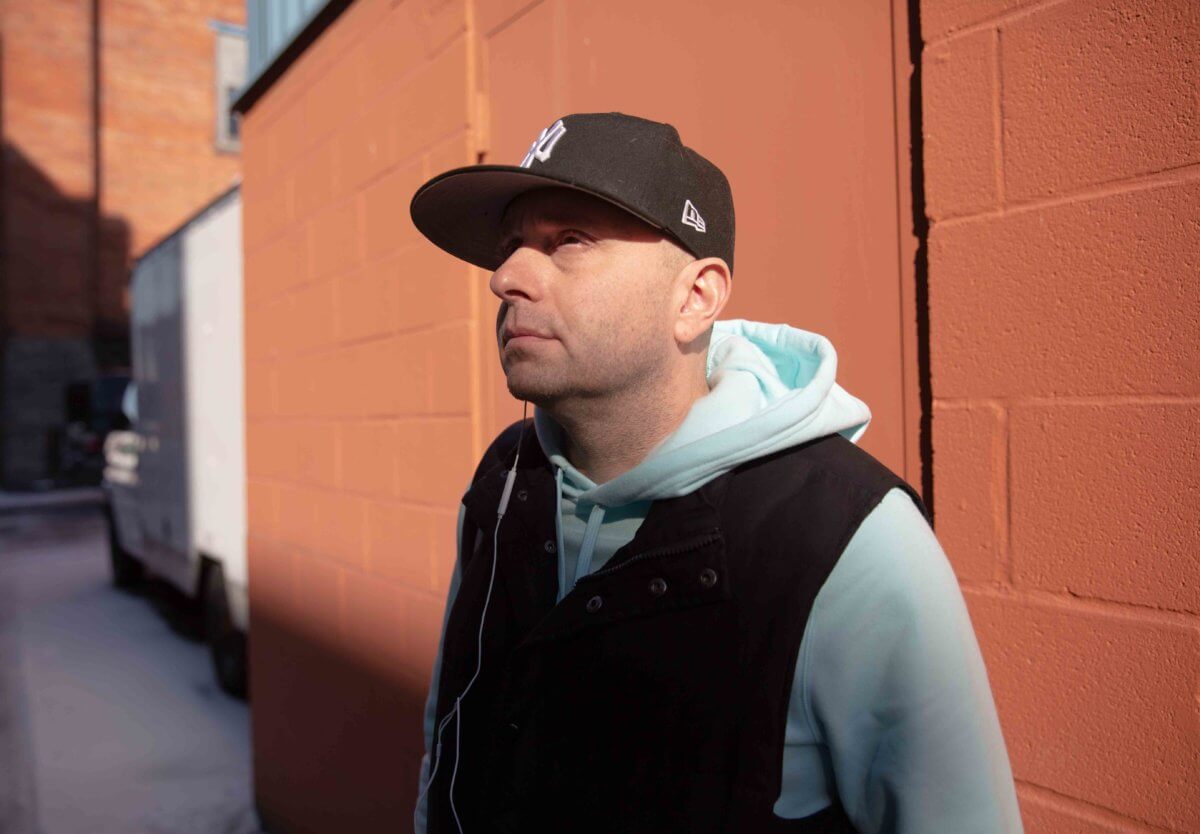
“This is how we should build the industry. We’ve seen every other social-equity industry fail, because it’s all competitive or backstabbing,” said Marte, referring to how in many states, social equity was an afterthought to legalization and those who were awarded social-equity licenses often failed due to a lack of resources and training. “New York really wants to do it right and we can really do it right together. But we have to come in with the mindset that the pie is big enough for everybody.”
While many in the group are seeking information regarding licensing, the coalition also serves as a source for jobs and training. Marte says that he’s begun to work with Housing Works Cannabis Co., the first legal dispensary in New York, to find jobs for those who were previously incarcerated through his non-profit Conbody, which employees formerly incarcerated inmates and boasts a 0% recidivism rate.
“If I could get as many people coming out of the prison system that were locked up for weed to work in this industry that would be amazing,” said Marte. “I feel like this system has bullied us for so many years. And now we can take advantage by having a system that listens to us.”
Since organizing, the group says they have begun to have positive conversations with the Office of Cannabis Management and that OCM has supported their efforts in sharing resources and training materials.
The Office of Cannabis Management declined to comment.

At the event in the Bronx, coalition members were briefed on the future of the organization, which includes job training, financial literacy workshops and connections to other players in the industry. The event was sponsored by Dutchie, the state’s official tech partner which provides back-end services to CAURD dispensaries, as well as SEIBOLD Security, and House of Puff.
Rivera, who is licensed to perform insurance audits on construction sites, plans to offer Occupational Safety and Health Administration compliance training for dispensaries.
Another challenge for the coalition is convincing illegal dealers to come out of the woodworks and to begin applying for jobs in the legal industry.
“There’s always going to be a genuine mistrust when it comes to governmental agencies, three letter agencies and the people,” said Rivera, who said many illegal operators, also known as legacy operators, have been wary of going legit. “Cannabis has been an industry of the people, with little oversight. First and foremost, as the coalition, we’re bringing forth unity and people who have previously been involved in the legacy industry.”
The turmoil in licensing
The rollout of legal cannabis in New York has been a herculean effort, slowed down by hiccups and snags as the state tries to incorporate social equity in the forefront of its legalization efforts.
Governor Kathy Hochul promised 20 storefronts by the end of 2022, but there was only one dispensary operational by the end of the year.
In July 2022, the Cannabis Control Board approved regulations for CAURD licenses, which promised that the first dispensaries would go to applicants whose direct family members were impacted by the war on drugs and who also met the requirements of operating a legal business that was profitable for at least two consecutive years.
But due to the illegality of cannabis on a federal level, securing funds and real estate to start a pot shop is difficult. Most banks will not issue small business loans for cannabis operations.
To solve for these issues, the state tasked the Dormitory Authority of State of the New York (DASNY) with securing $150 million in private funds to serve as a bank for CAURD license holders. DASNY was also responsible for finding and leasing turnkey-store fronts for the applicants.
DASNY chose Social Equity Impact Ventures, led by NBA basketball player Chris Webber, businesswoman Lavetta Wilis and former city Comptroller William Thompson, to raise the money. So far, neither the state nor DASNY have disclosed how much money has been raised and DASNY has stonewalled reporters seeking information on the fund.
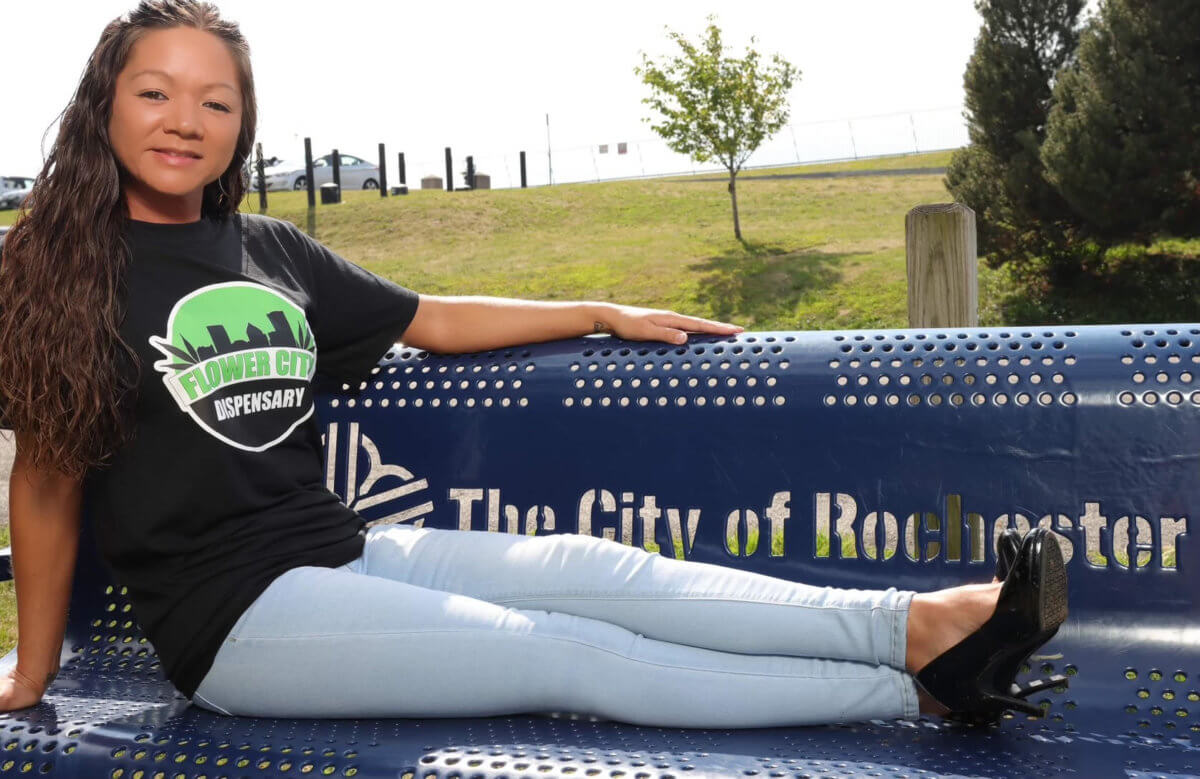
Rivera said a large reason for starting the coalition was to create a unified voice to communicate with DASNY about whether or not funds and locations would be available for license holders.
“I think a lot of the major concerns that started this coalition were based on that lack of transparency and the $150 million for the fund,” said Rivera. “That was really one of the first major questions that was raised. We are doing all this work but is there going to be an actual fund available for us? Is there going to be an actual building available when the time comes?”
Since collectively organizing, the group says they have had a positive response from DASNY and have been assured the state will be able to meet their needs.
DASNY did not respond to a request for comment.
Applicants remain hopeful
Venus Rodriguez, 48, who is applying for a CAURD license joined the coalition after she met Britni at a cannabis information meeting last year. Rodriguez’s ex-partner, and the father to her children, was killed in 2003 in Rockland County during a high-profile drug slaying.
Rodriguez, who has operated a successful doula company based in Spring Valley, says that her son was later arrested for cannabis possession in 2018. While she grew up with parents that consumed cannabis and it was normalized around the house, Rodriguez told amNewYork Metro that the illegal nature of the drug led to a life of crime and run-ins with the law for many of her family members.
She hopes to gain a license in order to right the wrongs her family committed during years of prohibition.
“When my ex-partner was killed, the father of my children, I felt like I had a lot of healing to do, for myself and for my family. It’s why I started being involved in child-bearing and doula services and it’s why I feel such a need to bring healing back to my community,” said Rodriguez, who also sits on the board of a farm in Dutchess County that focuses on cannabis-based therapy retreats. “If I get a license, it would literally be full circle. From creating harm for my community due to the war on drugs to creating a now legal and recreational business.”
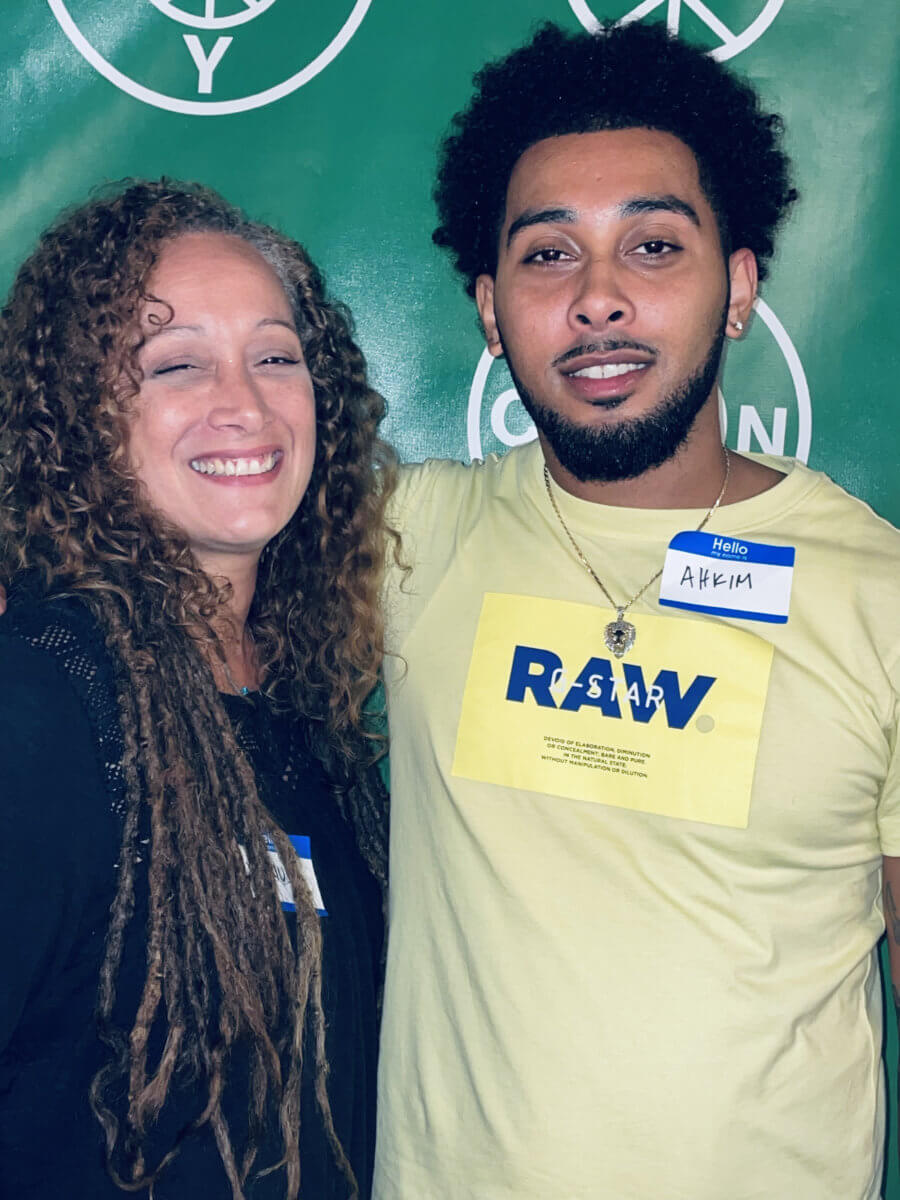
The Cannabis Control Board announced the first 28 licenses in November but so far there has only been one justice-involved store to open in New York. Smacked LLC hosted a soft opening on Monday, but will close down again in late February as DASNY continues renovations on the storespace.
Housing Works Cannabis Co., which opened in December, was not a CAURD dispensary. Eight non-profits received dispensary licenses in November but were responsible for securing their own capital and storefronts.
The next batch of CAURD licenses will be announced on Wednesday. OCM did not specify how many licenses would be issued and DASNY did not provide a number on how many store fronts they have secured.
While the roll out of licenses has been slower than expected, since organizing, the CAURD Coalition says they have had more communication with state agencies and feel confident New York will hold true to its mission of supporting dispensaries owned by those most impacted by the war on drugs.
“The tagline from the very beginning has always been collaboration over competition,” said Tantalo. “The goal for New York was always to have the legacy market translate into legalization and if the OCM allows us to help, we have the ability to reach thousands of New Yorkers who have been impacted by criminalization.”



